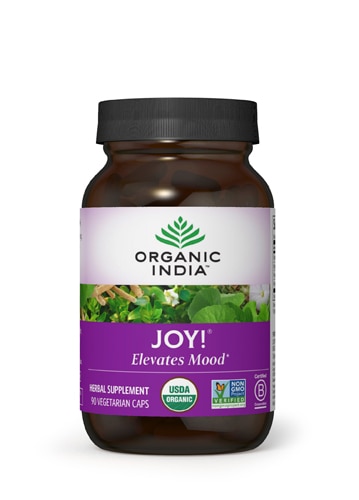In turbulent times such as these, it’s easy to get pulled under the riptide of cynicism, despair and powerlessness. But there’s another response, beyond collapse, that’s even more radical. To find joy.
Ross Gay, author of the recent The Book of Delights, did just that. He articulates “joy as a form of resistance” and dares us to observe closely—and be willing to claim our pleasures. To succumb to delight, he believes, is more dangerous than to succumb to resentment.
Delight sources the unknown, the surprise; it softens us, makes us almost unbearably tender. The idea that delight can be subversive, disruptive, and achingly necessary to discover our full humanity is in itself delightful. It’s a risk we must gird ourselves to take. It is to embody the paradox of tenaciousness and acquiescence, much like the late poet Jack Gilbert describes in his poem “A Brief for the Defense.”
“We must risk delight. We can do without pleasure,
but not delight. Not enjoyment. We must have
the stubbornness to accept our gladness in the ruthless
furnace of this world.”
Gay, the author of three poetry collections and winner of the 2015 National Book Critics Circle Award, started this pleasure project as a collection of daily essays handwritten over the course of a year, each about “something delightful." In them, his direct, casual tone cajoles us to share the “common flourishes” of his everyday life. We’re with him wherever he goes, at the café, on an airplane, in the garden, on his bike, at a friend’s funeral. We shadow him to learn about where he finds delight, so that, indirectly, we can find our own.
Here are five of Gay’s favorite things, most hiding in plain sight, that can be a source of quiet celebration. Perhaps you will resonate with these everyday, overlooked pleasures, or if not, it will encourage you to notice your own unexpected pings of gratitude. Read on (but be prepared) to be disarmed into delight—that astonishingly close sweetness against which we have no defense.
1. Celebrate inefficiency
With our hyper optimized culture, blindsided by notions of productivity, the ceaseless hustle and side hustle, it’s nice to hear praise of inefficiency. Imagine this act of delight, “For instance, I love not getting the groceries in from the car in one trip,” Gay writes. How bold to reframe the meandering, such as the inefficiently-organized grocery unloading, as a micro-protest against hurrying. To suggest that that to wander verges on wonder and functions as a respite for the soul, however brief.
2. Discover your “whatever”
“I quickly revised my position to regard the occasional lack of discipline–let me call it failure; no let me call it blowing it off—into a delight…(An apropos ancillary delight: the word whatevs),” writes Gay. Try finding your own “whatevs,” your own slacker and the generosity that is in the refusal. Relish it. Blow off something that you think you should do (yoga, book club, potluck) and do the thing you really want to do, even if that is no thing at all.
3. Cultivate public consumption
Random interactions with strangers, the handshake, the hug, the scooting behind someone and putting your hands on their back, being called honey, the congratulatory high five from a teenager that commended Gay for working on “his paper” in a café, all offer a much-needed chance for connection. While these particular gestures are not universal sources of pleasure (think: the “me too” movement), there is something pleasurable, whatever your preferred gesture or word, about appreciative interactions with strangers. “For I love, delight in, unequivocally pleasant public interactions with strangers,” writes Gay.
4. Create your own terms of endearment
Gay’s essay on nicknames starts with a joking, ribbing tone—the irony and teasing humor that nicknames imply-- but as the essay winds its way to the point, the razzing tone gives way to an almost devastatingly vulnerability. “I know that I rarely call the people I love by their names. I call them, if it is okay with them, by the name I have given them. I wonder if this means I think of my beloveds as my children.”
5. Only connect
In Gay’s essays there is a delicate balance between deep reverence for oneself, foibles and all, along with his firm belief in the collective imperative we all have to care for one another. Joining with others, even or especially through sorrow, alerts us to the deeper joy—that we can meet each other at all. “It astonishes me…how every person I get to know—everyone, regardless of everything, by which I mean everything—lives with some profound personal sorrow,” he writes. The great wilderness we each carry may in fact be rooted in the undeniable truth that everything we love will die. The more rooted we are in the truth of our own inner wilderness, the more permeable we become to others. In one his most moving essays, Gay asks and answers:
“Is sorrow the true wild?
And if it is—and if we join them—your wild to mine—what’s that?
For joining, too, is kind of an annihilation.
What if we joined our sorrows, I’m saying.
I’m saying: what if this is joy?”




